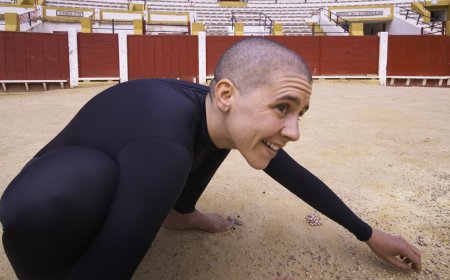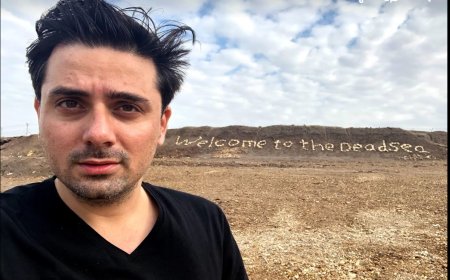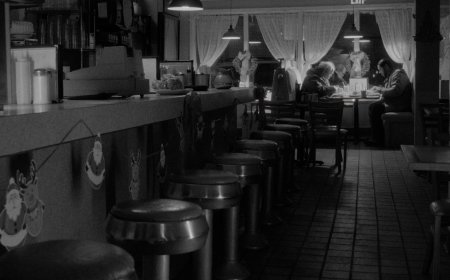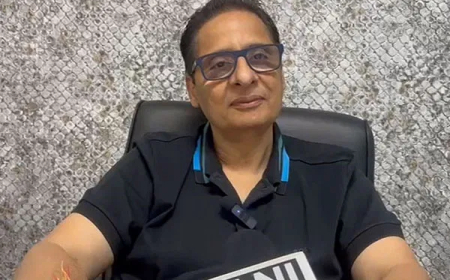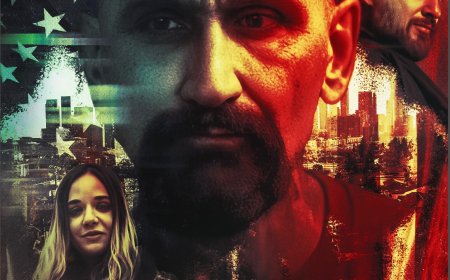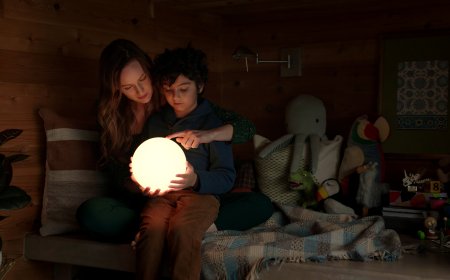A Revew of ‘Izidor’: A stunning depiction of one child’s shot at escaping state-inflicted shame and isolation
A nanny at a locked facility for disabled children takes one little resident on an illegal outing, causing unforeseen consequences.
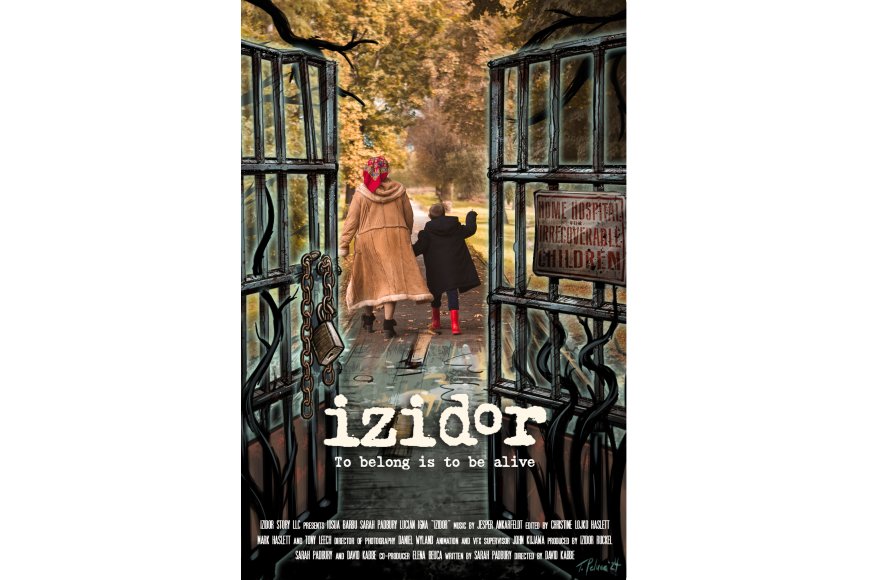
‘Izidor’: A stunning depiction of one child’s shot at escaping state-inflicted shame and isolation
Cast: Iosua Barbu, Sarah Padbury, Lucian Igna, Cristian Irimia, Yasmina Igna, David Igna, Jor Van Klein, Nelu Candar Lumei, Mariana Candar Lumei, David Kabbe (voice), Warren Williams (voice), Codrut Gherdan, Darius Gherdan, Costin Simion, Elena Beuca Rogers (voice), Sara Elena Balea (voice)
Critic’s Rating: 4 Stars out of 5
Director: David Kabbe
Duration: 29 minutes
Genre: Drama, Short
Language: English
Release: 2025
What’s it about?
A nanny at a locked facility for disabled children takes one little resident on an illegal outing, causing unforeseen consequences.
Review:
Izidor is a moving drama short that demonstrates how only genuine love and compassion can overcome the harshness and cruelty of institutionalised stigma. Narrated in a simple yet effective way, this exquisitely shot film shows how a little goodwill and humanity can help dissipate an environment imbued in hopelessness. Sumptuous visuals, moving characters and remarkably appealing editing make this celluloid project a winner. The film’s charming and affecting story also displays how state-run institutions cannot adequately substitute for the role of family and that differently-abled individuals should not be banished from society at large.
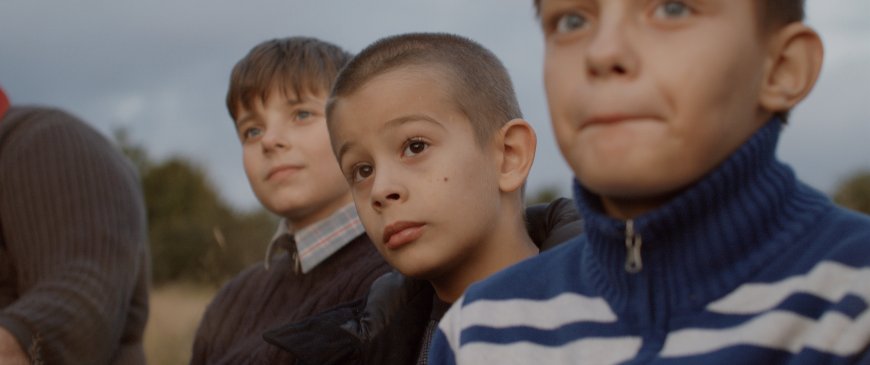
Poor treatment and isolation of children, practically unwanted due to some physical deformity, characterise an asylum in Soviet-era Romania. Amid this expanse of youngsters who are denied a healthy and wholesome childhood stands little Izidor, a spirited little 8-year-old. Touched by the “determined” nature of the boy, one of the nannies - Onisa - feels compelled to take him out for a day – in order to give him a taste of normal life outside the locked facility. This, despite the shocking reality that the state disallows the mixing of these juvenile unfortunates with regular citizenry. But the intrepid and passionate Onisa feels that this is one rule worth breaking.
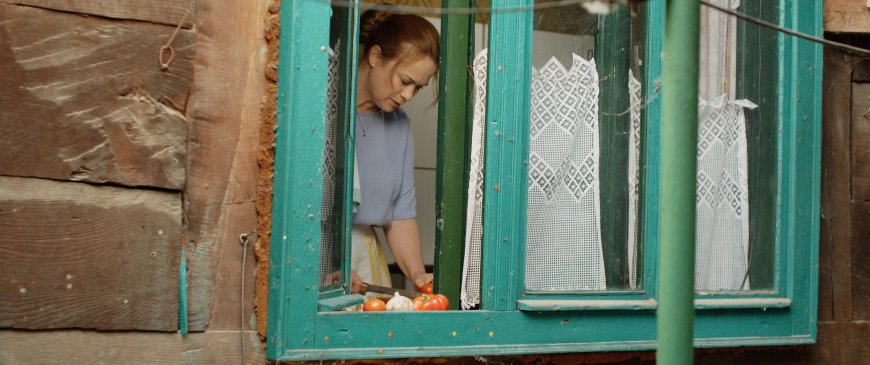
Thanks to some scintillating camerawork, the audience gets to experience the marvel of Onisa’s little town through the eyes of her astonished little guest. Indeed, mundane everyday scenes of the settlement appear to comprise a curious and magical fantasyland for Izidor. A fitting analogy would be like Dorothy leaving her dull hometown in Kansas to be completely mesmerised by the wonderland of Oz. The viewer thus vicariously relishes this glorious new experience as we see the lad interact with Onisa’s family and the great outdoors.
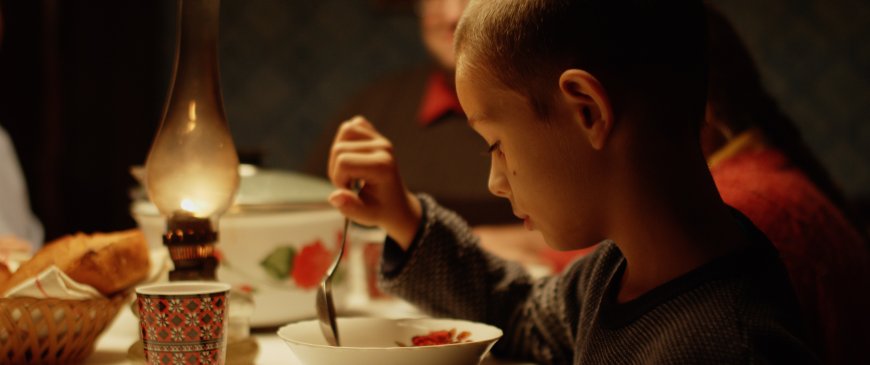
But will this momentary exposure to an amazing new world prove to be a double-edge sword? Is it too much of a shock to the senses for an inexperienced and impressionable child who has for too long been denied the joy and pageantry of normal life? The movie expertly captures this paradoxical situation after displaying the few hours of jois-de-vivre that Izidor has been treated to. A frog and an apple add symbolic substance to the film in a compelling way, though the brief images of child mistreatment and the pitiful condition of their surroundings can get overwhelming.
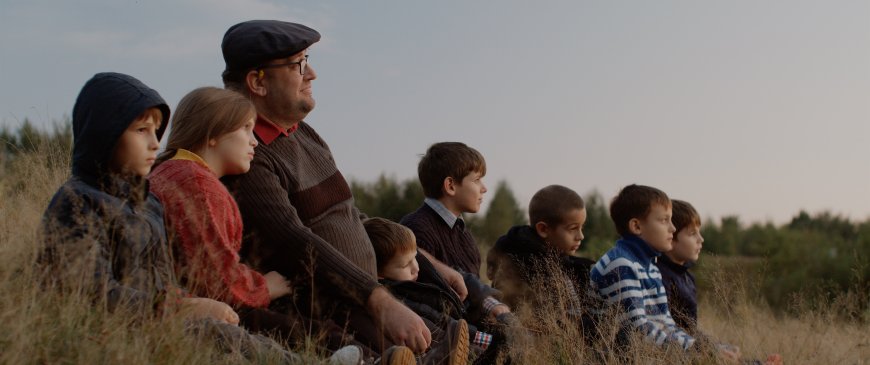
The premise of Izidor might remind the film buff of the 1997 sci-fi flick Gattaca, where society is divided superficially on the basis of the “valid” and the “invalid”. It is especially startling that a similar scenario existed in the erstwhile USSR-controlled Second World. However, the film indicates that such segregation continues to exist even presently across the globe. This film therefore, with its verve and vision, serves as a fitting tribute to the plight of innocent and defenceless children who are suffering the torment of oppressive institutions and regimes. Both the good and bad images in this film are sure to remain etched in the viewer’s mind, as well as the inimitable expression on the face of... Izidor.











